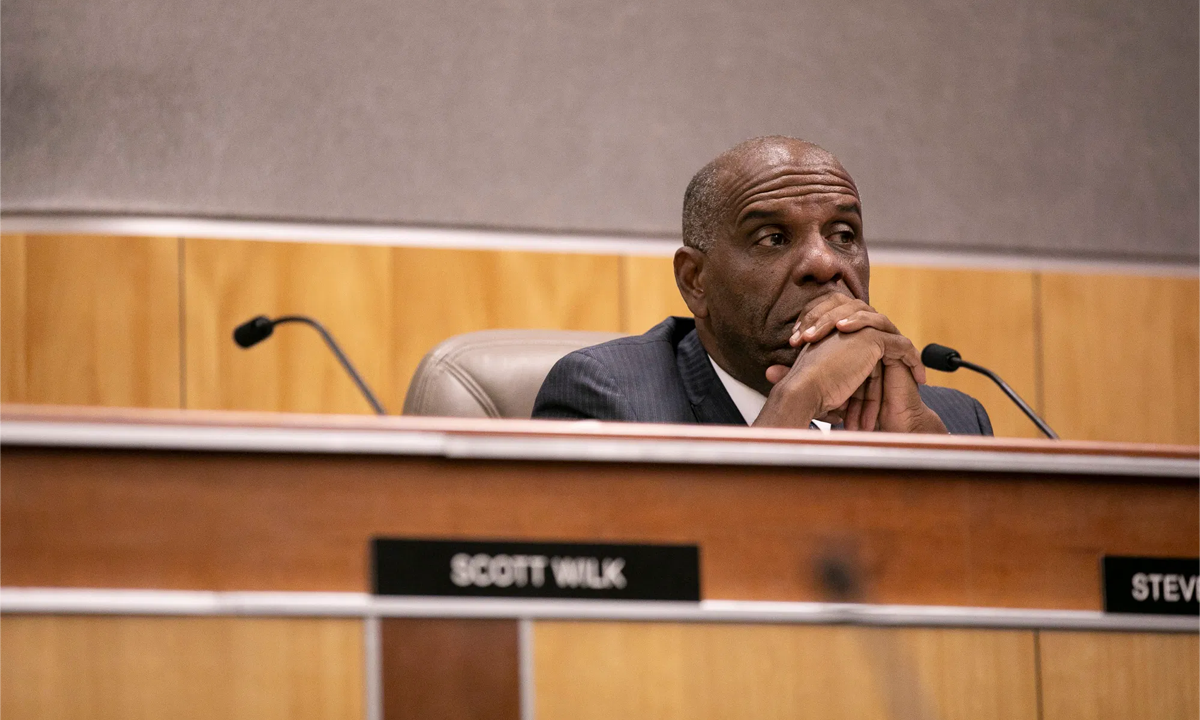Written by Jamie Parsons
California has just launched a first-in-the-nation task force to study and accumulate reparation ideas for African Americans. It consists of nine members, who have been appointed by Governor Newsom and legislative leaders. The incentive of the task force is to draft an apology to Black Californians and recommend ways the state can make up for discriminatory policies.
One of the main things the committee has focused on is homeownership. They hope by focusing on homeownership, the gap between Black and White Californian homeowners will shrink. According to Cal Matters, “the Assembly and Senate unveiled a joint spending plan — which they’ll use to negotiate with Newsom ahead of the June 15 deadline to pass a budget — that proposes developing a program in which the state would pay for, and own, up to 45% of a home.” However, if California decides to put interest on their portion of the house, it will harm Black families even more.
With this idea, Newsom and the Legislature proposed setting aside $200 million to facilitate homeownership for first-time buyers and low-income Californians. They also want to funnel $115 million annually into community-based health equity and racial justice efforts and $63 million into the California Reducing Disparities Project. Newsom’s budget proposal has been slammed by California health groups for its absence of investments towards health equity.
The topic of homeownership is also being discussed at the federal level. According to Cal Matters, “President Joe Biden has announced a series of initiatives to expand Black homeownership.”
As the task force works away to recommend reparations for African Americans, state legislatures and president Joe Biden, have focused on an idea that would do more harm for African Americans than good. Their goal to repair the damage done to African Americans has only resulted in a proposal that targets Black people and leaves them financially hurt. With all that being said, state legislatures want to set aside $200 million in order to keep the damaging proposal afloat.




